14 Helpful Ways Introverted Parents Can Handle Playdates
Managing playdates as an introverted parent can feel challenging, but with some planning, they don’t have to be draining. While you want your kids to have social experiences, you can still create a playdate that suits your needs.
Focusing on strategies that fit your personality can make playdates enjoyable for everyone involved. Here are 15 fresh ways to manage playdates while keeping your energy intact.
Stick to Familiar Faces
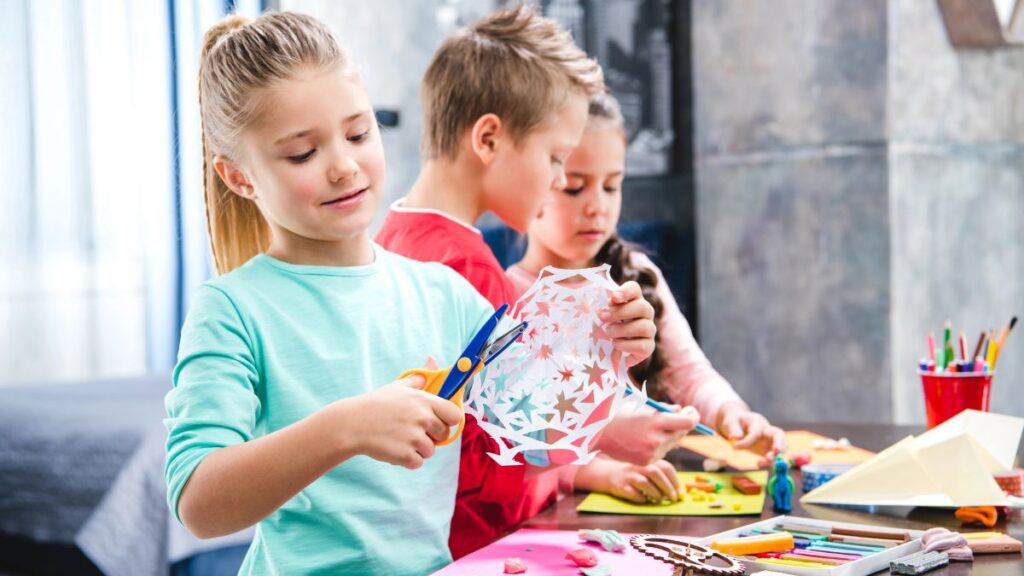
Inviting families you know well for playdates is an easy way to reduce stress. When you’re comfortable with the parents, relaxing and focusing on your child’s fun is easier without feeling pressured to entertain others.
This also makes the socializing less draining, as you don’t need to engage in awkward small talk. Familiar faces create a more relaxed environment for both you and your kids.
Set a Time Limit

Playdates don’t need to last hours. Set a clear start and end time to prevent them from feeling endless.
Knowing a definite end point helps you manage your energy throughout the playdate. Two hours is usually enough for your kids to have fun without becoming overwhelmed.
Plan for Outdoor Play

Outdoor playdates offer a change of pace and space for kids to run around and release energy. A trip to the park or playing in the backyard means less noise inside and a calming environment. The fresh air also gives you a breather and a chance to decompress. Nature helps everyone feel more relaxed and grounded.
Encourage Parent Drop-Offs

If it works for you, suggest that other parents drop their kids off rather than stay for the duration. This allows you to focus solely on your child, reducing the social demands placed on you. It also lets you maintain control over the pace of the playdate. Plus, you’ll have more time to relax or manage things on your terms.
Create a Kid-Only Zone
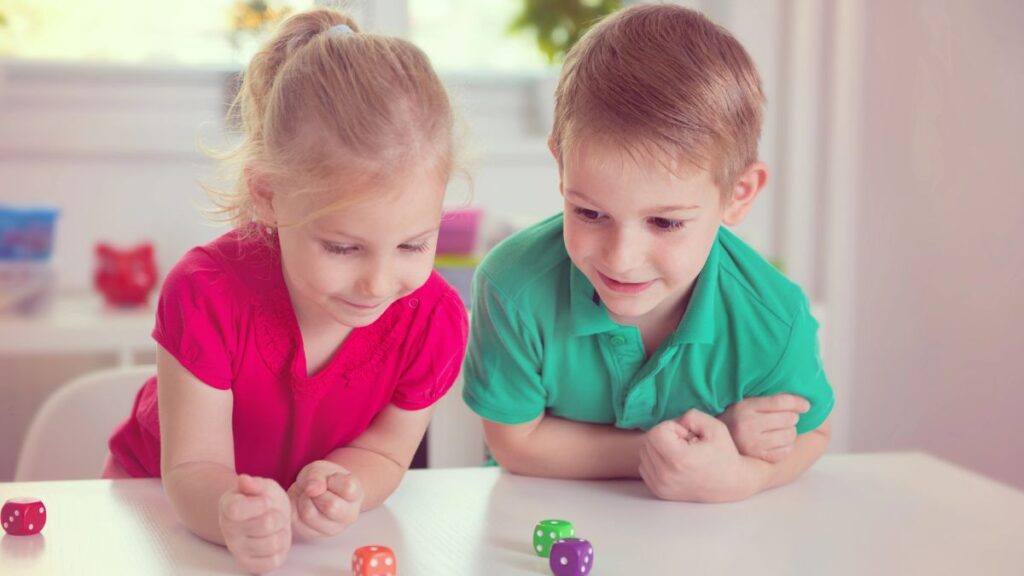
Designating a space just for the kids can make a big difference. Let them enjoy their playtime in a specific room or area, which gives them some independence while giving you the opportunity to have their own quiet space.
This setup also allows you to step away for a few minutes if you need a break. You can check in occasionally without being in the middle of the chaos.
Rotate Hosting Duties

You don’t have to host every playdate. To spread the load, I suggest alternating hosting responsibilities with other parents.
This way, you won’t feel overwhelmed by always being the one to plan or set up. It’s a great way to keep things fair and ensure you get some respite between events.
Plan Playdates Around Your Energy Levels

Think about when you have the most energy during the day. If you’re more awake in the morning, plan your playdates earlier in the day when you’re feeling refreshed. Aligning the timing of the playdate with your energy levels can make it much easier to handle. You’ll be able to engage more and feel less drained afterward.
Keep It Small
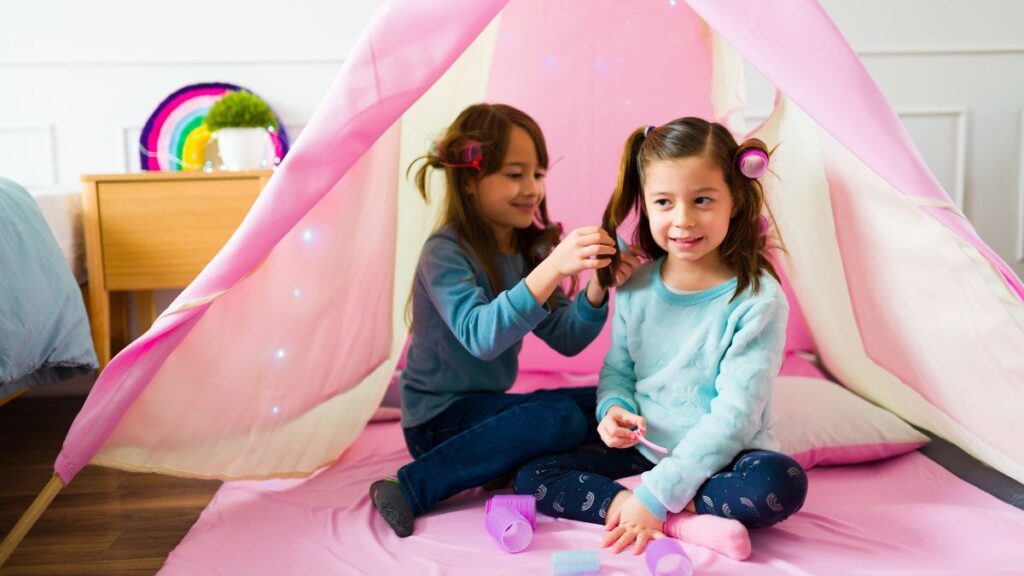
Big playdates can be challenging to manage. Limit the guest list to one or two other kids to keep things low-key and manageable. Fewer kids mean less noise and chaos, allowing you to stay engaged without feeling overwhelmed. Smaller groups also make supervision more manageable and provide more opportunities for focused interaction.
Set Clear Expectations
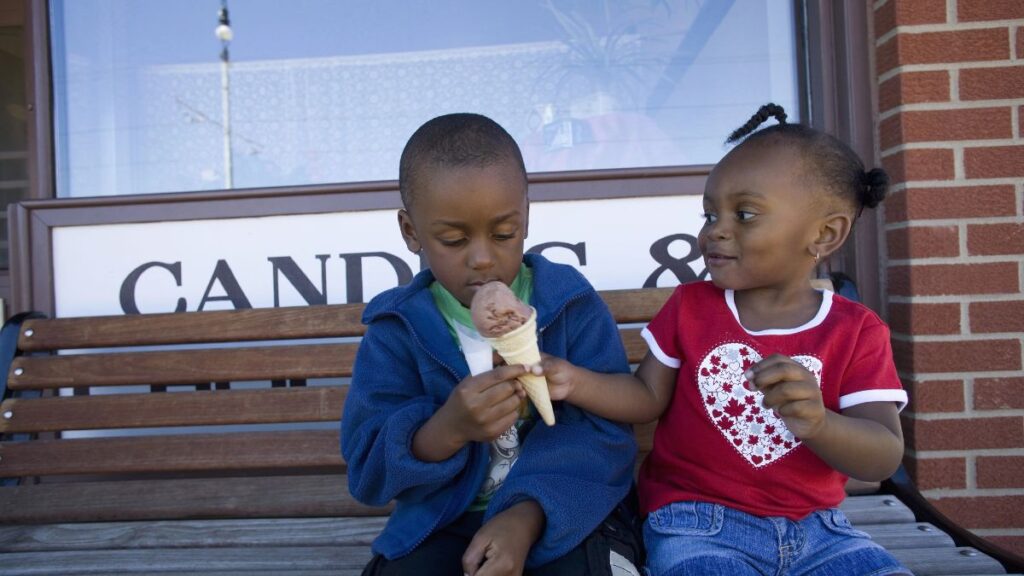
Before the playdate, set some ground rules with your child. Whether respecting shared toys or being mindful of the noise, ensuring everyone knows what’s expected can help maintain a peaceful atmosphere.
It’s a simple way to reduce potential stressors and ensure a smoother experience. Clear guidelines help everyone enjoy the time together more.
Get Involved in Short Bursts

You don’t need to be fully engaged for the entire playdate. Jump in for short bursts of interaction, such as helping with an activity or playing a brief game.
Then, step back and let the kids enjoy some independent play. This balance allows you to contribute without feeling exhausted or “on” for too long.
Lean Into Structured Activities
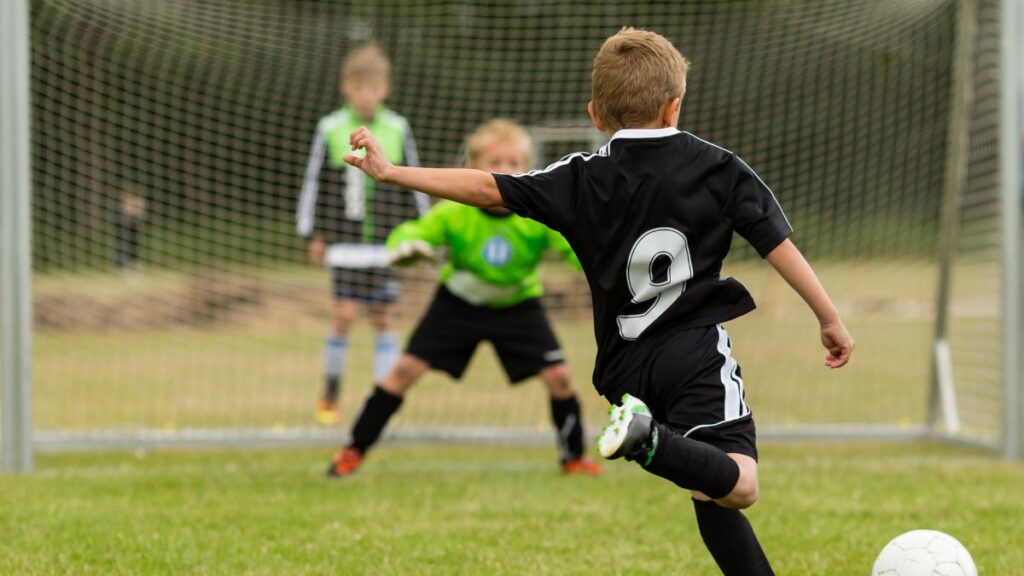
Planning for what the kids will do can keep things more organized. Structured activities, like arts and crafts or baking, give the kids something to focus on while reducing chaos. These activities help manage their energy and make it easier for you to supervise. Plus, it provides a shared purpose that’s less draining for you.
Tag Team with Your Partner
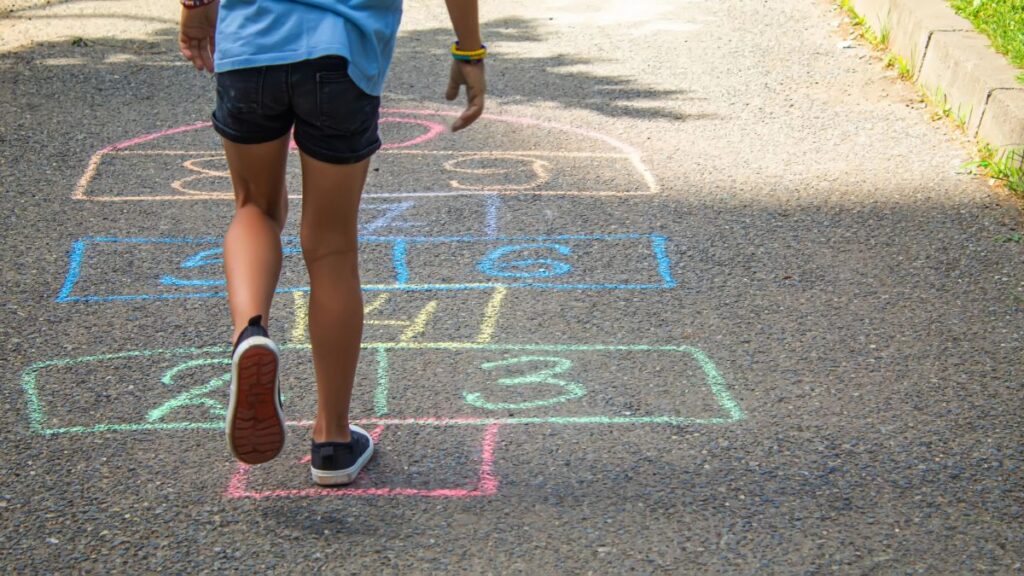
If you have a partner, work together to split the hosting responsibilities. One of you can take the lead with the kids, while the other handles snack time or cleanup. This way, you both contribute without feeling overwhelmed. A little teamwork can make the whole playdate much easier to manage.
Have a Quiet Escape Plan
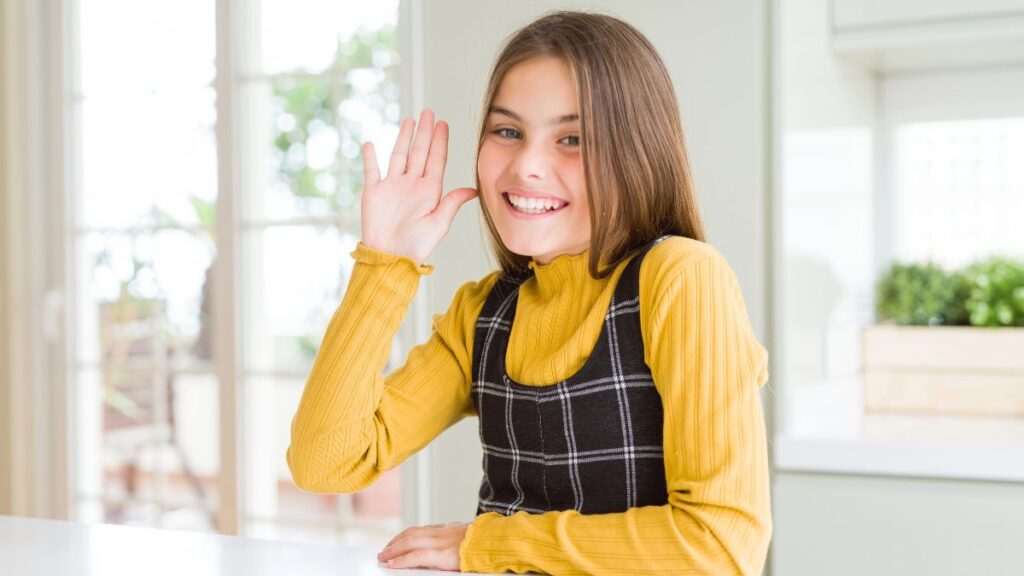
Sometimes, you need a moment of solitude. A quick escape plan—stepping outside for fresh air or taking a break in another room—can help you recharge. A few minutes of peace allows you to return to the playdate feeling refreshed and ready to handle things with a clear mind. It’s okay to step away when you need it.
Choose Quiet Activities
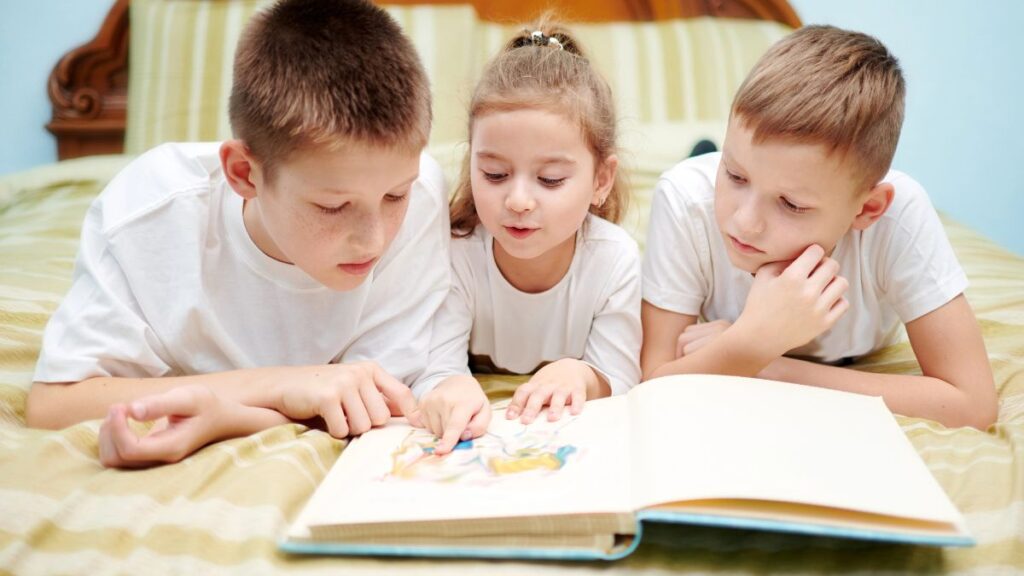
Not all playdates need to be full of energy and noise. Encourage activities like drawing, reading, or building with blocks that allow for quiet play. These activities are easier to manage and allow the kids to have fun without causing sensory overload. You can join in at your own pace without feeling overwhelmed.
Don’t Feel Guilty About Saying No

If a playdate feels too overwhelming, it’s okay to decline. Your well-being is essential, and there’s no harm in taking a break when you need one. Remember, there will always be more playdates in the future when you’re feeling more up to it. Prioritize your own mental and emotional health to avoid burnout.
Rotate the Types of Playdates

Try varying the format of playdates to keep them interesting and less predictable. Sometimes, hosting an art session or a quiet movie time can be as fun as a more energetic playdate. Mixing things up ensures you’re not constantly dealing with the same type of playdate. It also keeps the kids entertained and gives you variety.







